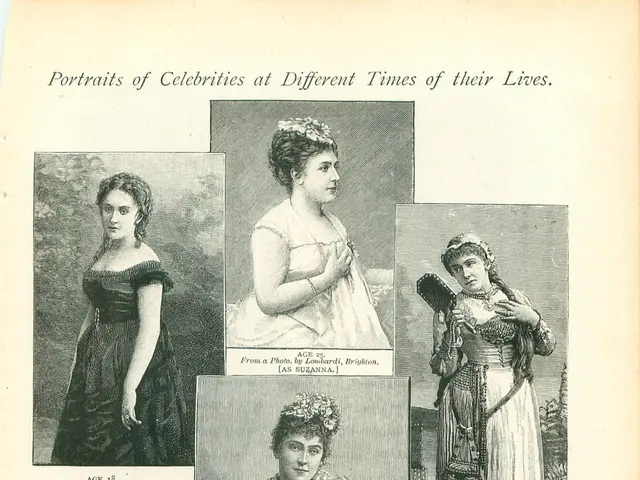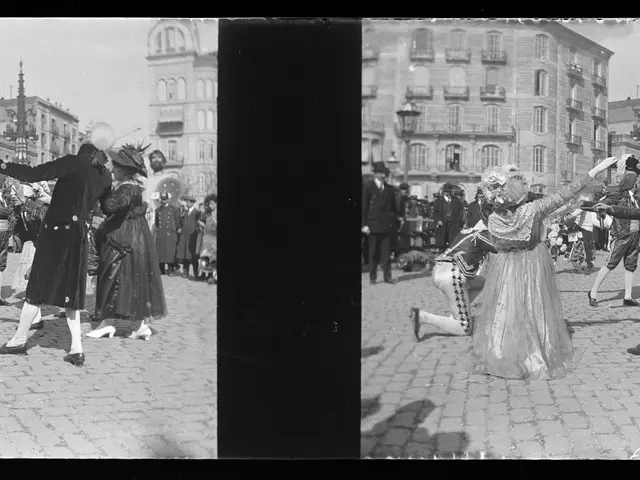Strategies for Crafting a Distinct Identity as a Politician or Political Party: Guidelines for Self-Branding in Politics
In the bustling landscape of the 2025 German federal election, personal branding took centre stage as a crucial factor in political success. With a high voter turnout of 82.5%, the election was a testament to the influence of branding in shaping public opinion.
Chancellor Olaf Scholz, the confirmed SPD candidate, was one of the many political figures who leveraged personal branding to stand out in the crowded field. Sahra Wagenknecht, the candidate for the new BSW party, and notable politicians such as Saskia Esken (Baden-Württemberg SPD), Lars Klingbeil (Niedersachsen SPD), and Wolfgang Schmidt (Hamburg SPD) also employed branding strategies to connect with voters and build trust.
In today's political landscape, trust in government is at an all-time low. A strong brand can provide the edge that candidates need to win over skeptical voters. Branding is not just about having a catchy slogan or campaign logo; it's about creating a positive image and conveying values and vision to the public.
Politicians and political parties used various strategies to build their brands. These included creating a website, utilising social media platforms, building relationships with other politicians, and connecting with journalists. Social media, in particular, proved to be a powerful tool for politicians to communicate effectively and reach a wider audience.
Candidates have long used slogans, logos, and other visual branding elements to differentiate themselves from opponents and build name recognition with voters. Branding can significantly impact voters' perceptions of a candidate's relatability, trustworthiness, and competence.
However, politicians must be cautious about their branding. A poorly executed brand can damage a campaign. Therefore, sincerity, honesty, and likability were essential in branding efforts. A well-crafted brand can help a candidate connect with voters, build trust, and generate support.
In the future, AI-enhanced image management, virtual appearances, and immersive storytelling may become more common in political branding. Political branding has reached new heights in recent years, combining all the messages that candidates and their parties project to voters. In politics, branding is about creating a clear and consistent message that resonates with voters and conveys who the candidate or political party is.
In the 2025 German federal election, effective branding played a pivotal role in differentiating between winning and losing. As we move forward, the importance of personal branding in politics is likely to continue to grow, especially with the rise of social media and the 24-hour news cycle. In today's digital age, personal branding is essential in politics, helping voters know who a politician votes for and what they stand for.
Read also:
- Today's most impactful photographic moments
- Support for Eric Adams in The Post's Letters to the Editor on August 13, 2025
- Roosting Shark and Rambunctious Red Squirrels: Unconventional House Rental in Yorkshire Involving Aquatic Marvel, Squirrely Mayhem, and Mystical Planning Regulations
- Legal Dispute Dismissed with Humor: Supreme Court Laughs off Another Civil Matter Mislabeled as Criminal Prosecution








